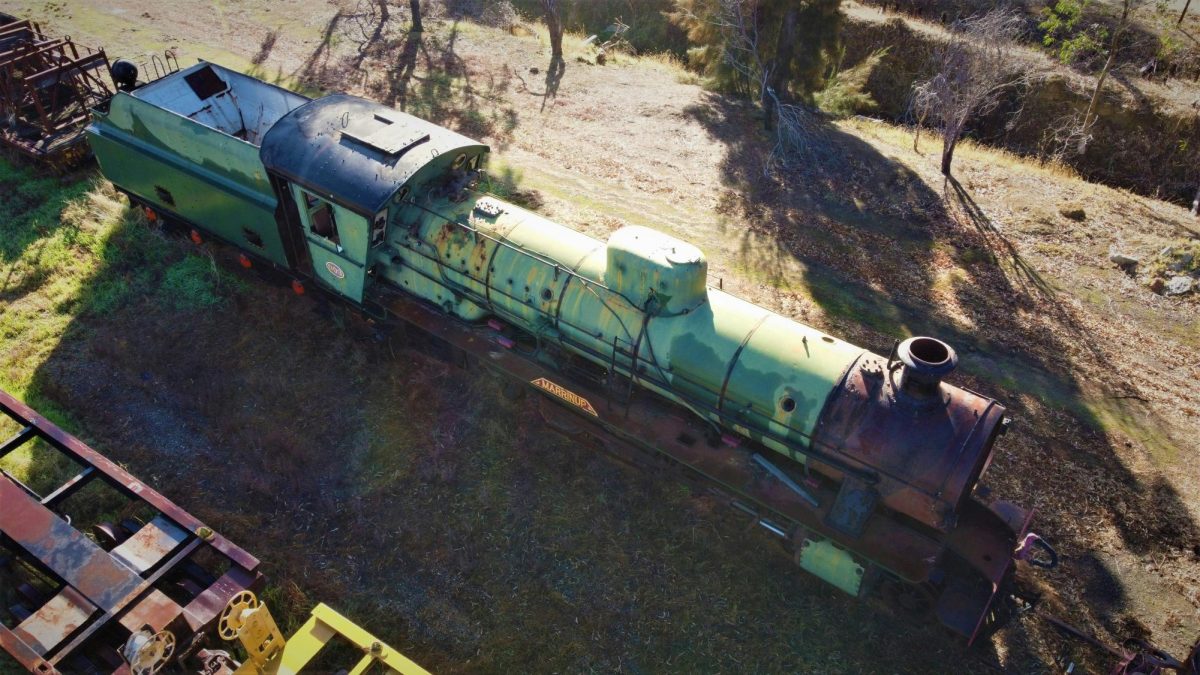Gasoline bombs, tear gas, and fire filled the streets of Athens, Greece, marking the second anniversary of the horrific train collision that killed 57 college students and injured dozens more. According to Hellenic News (hellenicnews.com), there were riots in protest of the Greek Parliament’s inability to hold accountability for the trainwreck and its refusal to compensate the victims. More than 40,000 protesters throughout Athens and Thessaloniki flooded the streets, fighting for justice.
On Feb. 28, 2023, a passenger and freight train collided in Tempi Valley, carrying 250 students returning from a holiday. Reports say the majority of deaths were not caused by the crash itself, but by the fire that broke out afterwards, according to Greek Reporter (greekreporter.com). It was suggested that 30 of the fatalities that had originally managed to survive the crash burned in the fire; many others were sent to the hospital with severe burns. Social studies teacher Olga Zisel shared, “This is such a terrible tragedy; I hope it gets resolved soon.” The investigation concluded that the freight train may have been carrying undocumented flammable cargo, but this theory was not confirmed. Additionally, a statement made by Greek officials about the incident claimed the fire was caused by silicone-based oil, which recent reports now confirm, according to the National Herald (thenationalherald.com).
The first protest broke out on Mar. 1, 2023. A day after the crash, students became furious with Parliament’s mishandling of the collision. According to eKathimerini (eKathimerini.com), there was a suspicious voice recording of the train master and evidence was removed from the scene, which raised suspicion about the government’s true motives. Prime Minister Kyriakos Mitsotakis claimed that all negative press against his administration is a political stunt that “poses no threat to his second term,” according to AP News (apnews.com). The relatives of victims feel unsatisfied that only the train master has been charged. Physical education teacher Brian Hetrick said,“The government should be involved in making sure everyone feels safe. There has to be regulations to protect people utilizing public transport.”
In an interview held only a few days after the second riot, Protothema reported (en.protothema.gr) that Mitsotakis commented, “Justice moved at its own pace to ensure no questions remain unanswered. We are reaching the end of the process. After the victims’ families, I am the first who wants to know the truth.” He claims that the investigation—which has been going on for more than two years—is in its final stages and the truth will be revealed. According to Greek Reporter (greekreporter.com), when asked about possibly covering up information, he replied confidently and ensured he had no motive to hide any part of the case. Mitsokais asserted that even he does not have information about what happened. According to NPR (npr.org), in another interview with Greek American Criminologist Nikos Passas, he discussed what he found while studying the crash “50 truckloads of soil were removed, wreckage displaced, area paved over, making forensic recovery impossible.” The NPR article also included a new survey that revealed 72% of Greeks believe that the government covered up the truth.
Mitsotakis’s main opponents, the Socialists, called a no-confidence motion that could lead to his impeachment. However, the motion was rejected by parliament, according to MSN (msn.com); he will continue his term until 2027. English teacher Karen Smith commented, “This heartbreaking tragedy is even more upsetting knowing that it could have been prevented.”

















